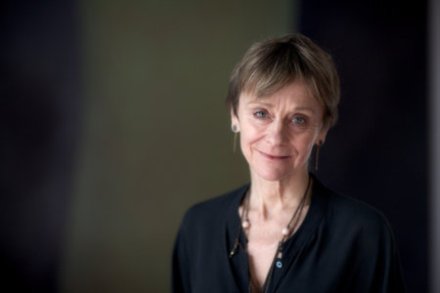The gifts of Gabo
Gerald Martin’s titanic biography of 2010, Gabriel García Márquez: A Life, was the product of 17 years of research and 300 interviews, including one with Fidel Castro. So what does Solitude & Company add to the fairytale history of ‘Gabo’, as Latin America’s greatest teller of historical fairy tales is generally known? In the year 2000, when García Márquez was still alive, Silvana Paternostro began conducting her own interviews with Gabo’s family, his ‘first and last friends’, his agents, editors and fellow writers. She has now cut, spliced and transcribed the tapes in order to create the effect of a bar full of drunks interrupting one another. ‘Is that tape




















